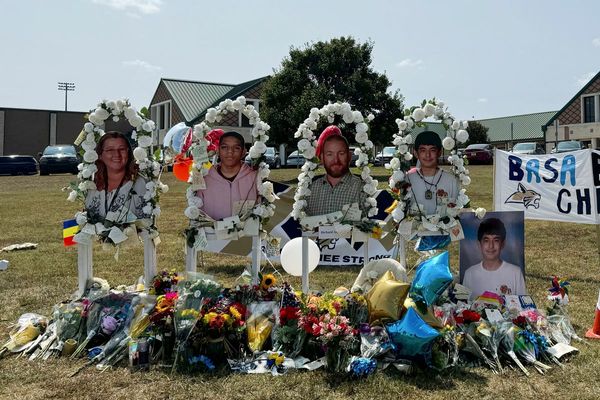
About 90% of submissions to a Victorian government-led consultation have recommended restricting the use of non-disclosure agreements (NDAs) in cases of sexual harassment, with a legal centre revealing pressure was put on a 15-year-old girl to sign one while she was working at a supermarket.
The Victorian government has released the 46 written submissions to its consultation paper, which proposed several possible reforms designed to tackle the misuse of NDAs to cover up sexual harassment.
Forty-one submissions backed reform, with the majority supporting an outright ban on NDAs for sexual harassment cases unless requested by the complainant.
There was also broad support to introduce a requirement for legal advice to be provided to a complainant before an NDA is signed, and that its existence can be disclosed to specific groups such as family, health workers and police.
However, the proposal has sparked concern with business groups, who said employers should not be required to foot the bill for legal advice.
The Australian Industry Group (Ai Group) opposed an outright ban on NDAs in cases of sexual harassment, describing them as a “legitimate alternative to litigation which can be costly, time-consuming, public, uncertain and traumatic for all concerned”.
They said requiring employers to provide independent legal advice would be an “unfair and inappropriate cost burden” on employers and could “create conflicts of interest”.
Instead, Ai Group called for “appropriately drafted guidelines” to help ensure NDAs were used responsibly and fairly.
The Australian Chamber of Commerce and Industry and the Victorian Chamber of Commerce and Industry (VCCI) both argued the issue should be dealt with at a federal level.
Australian Retailers Association showed some openness to reform, particularly regarding permitted disclosures and the introduction of a seven-day cooling-off period.
However, they urged that non-disparagement clauses be excluded from any changes – which should not apply retrospectively – and businesses be given 12 to 24 months to prepare.
The Law Institute of Victoria also opposed the prohibition of NDAs unless requested by the complainant, describing them as a “useful, appropriate tool” for resolving some matters. But it said all its members agreed complainants should be offered independent legal advice before signing one.
However, most submissions from legal groups supported the ban, including Maurice Blackburn, Gordon Legal and the Working Women’s Centre. All 11 trade unions that submitted responses, as well as the Australian Council of Trade Unions and the Victorian Trades Hall Council, also supported reform.
The Finance Sector Union said NDAs were an “unnecessary evil that has been present within the sector for a great many years”.
In its submission, the Young Workers Centre said it had represented dozens of young workers in relation to sexual harassment claims, including a 15-year-old girl it gave the pseudonym Dahlia.
The centre said Dahlia was working at a supermarket when her supervisor – a man “almost three times her age” – “touched her, embraced her, massaged her, isolated her from her co-workers, used sexual innuendoes and made sexual advances”.
Dahlia settled a claim for sexual harassment and received some compensation, but had to sign confidentially and non-disparagement agreements, which restricted her from speaking to family, friends and her counsellor about her experience.
The submission also highlighted the case of Cath, a 20-year-old fast food worker who signed an NDA after being sexually assaulted by her manager and received a payment of less than $20,000.
“For this, Cath experienced months of sexual harassment, a sexual assault, one-sided confidentiality, bullying and humiliation, and she gave up the right to not just sue the employer, but to make any complaint,” the Young Workers Centre submission reads.
While Cath was allowed to disclose to her immediate family, she was not able to speak about it to her friends, former partner or counsellor or psychologist.
“She was 20, and these confidentiality conditions are with her [for] her entire life,” it read.
The Australia Institute supported reform but said it would have “limited positive impact if the reality of the power imbalances at work are not also addressed”, and recommended organisations report annually on their use of NDAs.
The Victorian government is expected to release its policy position soon, with legislation to be introduced to parliament in 2025.
It is the first Australian state to commit to restricting the use of NDAs in sexual harassment cases.
• Information and support for anyone affected by rape or sexual abuse issues is available from the following organisations. In Australia, support is available at 1800Respect (1800 737 732). In the UK, Rape Crisis offers support on 0808 500 2222. In the US, Rainn offers support on 800-656-4673. Other international helplines can be found at ibiblio.org/rcip/internl.html







